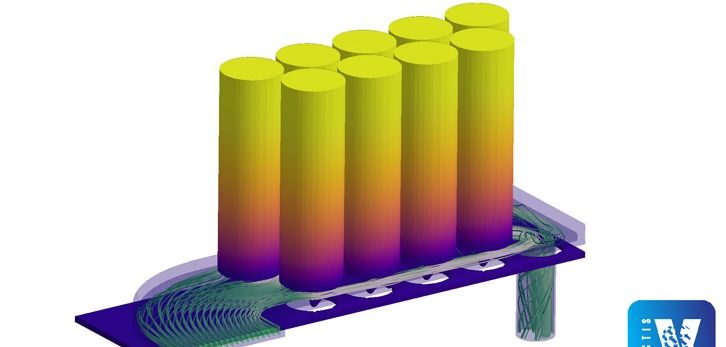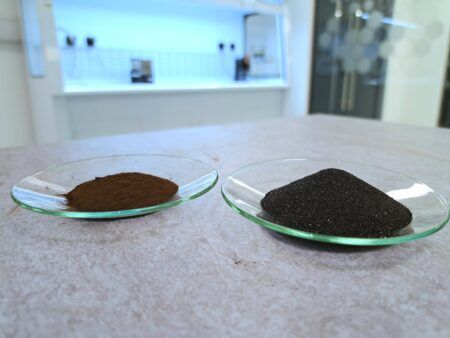Engineering company Ricardo has released a new 2020.2 version of its powertrain design and optimization software, which now includes new features for electric vehicle battery design.
With battery systems a key focus of hybrid and electric vehicle development, both the Ricardo VECTIS CFD package and IGNITE complex systems modeling product now provide solutions for optimizing battery systems. Crucially, these include modeling of the detailed heat exchange and cell degradation that occurs through use and storage.
In addition, IGNITE also includes new models related to gear shift control which, combined with duty cycle customization and improvements related to modeling of driveline efficiency, enable engineers to optimize drivelines for both conventional and hybrid vehicles.
Building on the results of ongoing Ricardo research, the new 2020.2 release includes several improvements in the accuracy and usability of combustion modeling in VECTIS that will assist in the drive to reduce emissions across all internal combustion engine sectors. This includes improved accuracy of spark ignition modeling for large engines, faster simulations and new detailed kinetics tools.
Significant improvements have also been made to the WAVE 1D gas dynamics and performance simulation tool as well as to its industry-leading real-time equivalent WAVE-RT to enable advanced virtual calibration, including its use in software-in-the-loop (SiL) and hardware-in-the-loop (HiL) environments. These include real time NOx emissions prediction, a new knock detection model and improved sensing of the lambda response. Together with various workflow improvements and combined with usability improvements to WAVE, these mean that WAVE-RT remains at the forefront of delivering real time solutions for SIL and HIL applications.
“I am pleased that we have been able to deliver the new 2020.2 release to Ricardo Software customers,” comments Ricardo Software MD Kimberly Matenchuk. “This new release brings fresh innovations in battery and hybrid vehicle powertrain optimization, together with significant improvements to our fluid simulation products. The 2020.2 release demonstrates clearly Ricardo Software’s commitment to providing our customers with advanced simulation technologies that help them to develop the cleaner, more efficient and sustainable vehicles of tomorrow.”





